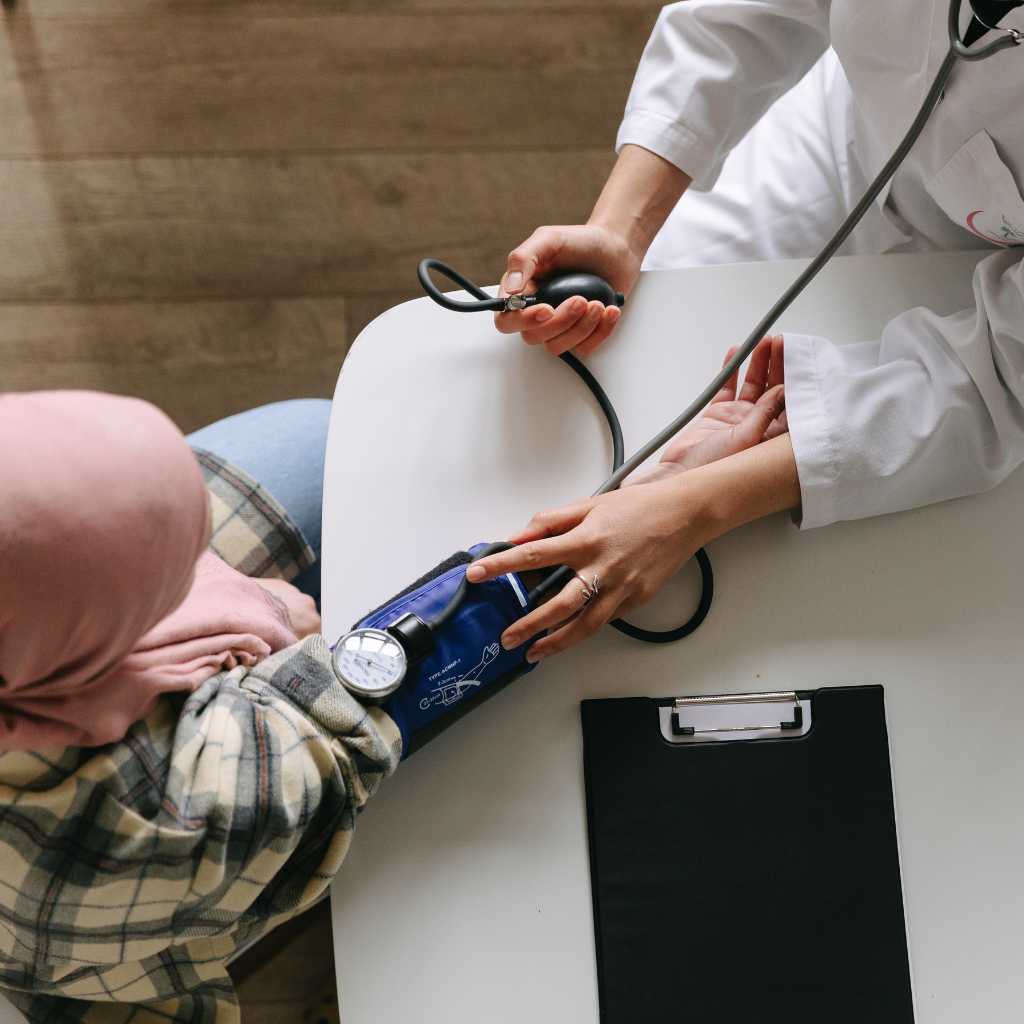Table of Contents
Does rehab reduce the risk of cancer?
Facing addiction is an immense challenge, but deciding to seek help is the first step toward a healthier life. If you’re in rehab or have a loved one struggling with addiction, you’ve probably wondered how this decision impacts long-term wellness. In addition to the immediate benefits, such as improved brain function and immune system, rehab and cancer prevention also play a crucial role in the recovery of people with substance dependence.
One of the less discussed effects of substance abuse is its relationship to the development of various types of cancer. Smoking, heavy drinking, and drug use can cause irreversible cell damage, significantly increasing the risk of developing cancer diseases. But here, an important question arises: Does rehab reduce the risk of cancer?
The answer is yes. However, some effects of long-term use may be irreversible. Stopping substance abuse allows the body to initiate a regeneration process, significantly reducing the risk of cancer and other chronic diseases. In this GateHouse Treatment blog, we will explore the connection between rehab and cancer prevention and provide you with practical steps to improve your well-being and support your road to recovery.
The Relationship Between Addiction and Cancer Risk
To understand how rehab prevents cancer, it is essential to understand how addiction affects the body at the cellular level. Toxic substances like illicit drugs, alcohol, and tobacco contain chemicals that directly damage DNA and weaken the body’s defense systems.
The medical community has extensively studied the effects of substance abuse on the body. Several studies have shown that drug and alcohol abuse is directly related to an increased risk of developing several types of cancer, including:
- Liver cancer: Drinking alcohol in excess can lead to liver cirrhosis, a precursor to liver cancer.
- Lung cancer: Smoking tobacco and other inhaled substances such as marijuana or crack can cause cancerous mutations in lung cells. The American Cancer Society links 80% of cancer cases to smoking.
- Esophageal and oral cancer: Alcohol and tobacco irritate esophageal and oral tissue, increasing the risk of tumors. The National Cancer Institute, in 2020, linked alcohol consumption to 750,000 cases of cancer worldwide.
- Bladder cancer: Toxic substances from tobacco and other drugs leak through the kidneys and can accumulate in the bladder, causing cancer.

According to the World Health Organization (WHO), tobacco is responsible for 25% of cancer deaths in the world, and people who consume alcohol or tobacco at the same time have a 5 times higher risk of developing some cancer. However, the risk can decrease considerably when a person stops using these substances.
How Rehab Prevents Cancer
Rehab and cancer prevention are connected because when an individual stops abusing substances, the body begins a process of detoxification and regeneration. When we talk about a comprehensive rehabilitation program, it is essential to consider other vital aspects to support recovery. Some of the benefits of rehab and cancer prevention are:
- Elimination of Carcinogens
Substances such as alcohol and tobacco contain carcinogenic chemicals. When a person stops using them, the body can eliminate these residues and reduce the likelihood of cell damage.
- Improved Immune System
Drug use weakens the body’s natural defenses. After recovery, a strengthened immune system helps the body fight off cell mutations that could lead to cancer.
- Reduction of Chronic Inflammation
Alcohol and many drugs inflame vital organs. This prolonged state of inflammation increases the risk of several types of cancer. By stopping consumption, you reduce inflammation and lower your risk of disease.
- Change to a Healthy Lifestyle
Rehab prevents cancer by quitting substances and adopting healthy habits. A nutritive diet and regular exercise contribute to reducing cancer risk and other chronic diseases.
- Stress Reduction
Chronic stress has the power to undermine your immune system, leaving it vulnerable and less effective. Rehab and cancer prevention involves therapies such as mindfulness and meditation, which help healthily manage stress and prevent relapse.
- Emotional and Social Support
Isolation and lack of emotional support can increase the risk of relapse and illness. Rehabilitation programs provide a supportive environment that fosters human connection and emotional well-being.

Rehab and Cancer Prevention: Resources and Support
If you are in rehab, it is crucial to have professional and emotional support. Some organizations that can help you include:
- Alcoholics Anonymous (AA)
- Narcotics Anonymous (NA)
- Cancer Prevention Helplines
- GateHouse Treatment – A center specializing in rehabilitation programs with individualized approaches.
GateHouse Treatment offers a variety of programs to help individuals in New England overcome addiction and improve their long-term health, including:
- Alcohol Detox: A medically supervised process to safely remove substances from the body.
- Partial Hospitalization: A structured program that combines intensive care with some flexibility.
- Intensive Outpatient Program (IOP): Treatment that allows patients to receive therapeutic support while continuing with their daily responsibilities.
- Outpatient Program: Ideal for those who have completed more intensive phases of treatment and are looking to maintain their long-term recovery.
Cancer Prevention for Addicts in Rehab: Practical Steps to a Healthier Future
The decision to leave addictive substances behind not only marks the beginning of a fuller life, but it’s also a crucial step in cancer prevention for addicts in rehab. In addition, there are practical steps to help individuals reduce the risk of developing cancer. These measures not only protect your health but also reinforce your commitment to an addiction-free life.
- Maintain a diet rich in antioxidants: Healthy eating is vital for repairing damage caused by toxic substances. Fruits, vegetables, and whole foods help fight free radicals and repair cell damage. Balanced nutrition is critical for those in rehab, as the body needs essential nutrients to recover.

- Exercise regularly: Physical activity is another cornerstone of cancer prevention for addicts in rehab. Exercise improves physical health and has a positive impact on mental and emotional health. When you exercise, your body releases endorphins, which are chemicals that make you feel good and reduce stress.
- Attend regular medical checkups: Early detection is one of the most effective tools in the fight against cancer. The correlation between rehabilitation and cancer prevention is vital. However, you must attend regular medical checkups to monitor your health and detect any problems early.
- Seek ongoing support: Rehabilitation doesn’t end when you stop using substances; it’s a lifelong process that requires ongoing support. Participating in support groups and behavioral therapy can help you stay sober and healthy.
- Avoid exposure to other risk factors: In addition to quitting intoxicants, it is essential to avoid other risk factors that may increase your chances of developing cancer. For example, if you have quit smoking, avoid exposure to secondhand smoke. If you have quit alcohol, limit your exposure to other carcinogens, such as industrial chemicals or excessive ultraviolet radiation.
GateHouse Treatment: Your Ally in Sobriety
Cancer rehabilitation and prevention are deeply connected. By leaving toxic substances behind and adopting a healthier lifestyle, you are taking concrete steps to protect your future. Every choice you make contributes to reducing your risk of cancer and strengthening your body and mind.
At GateHouse Treatment, we provide you with comprehensive support, with programs tailored to each individual’s needs, specialized physicians, and additional support for long-term recovery.
Rehab prevents cancer, but it also gives you the opportunity to live a fulfilling life. Call us at (855) 448-3588 or connect with us online.
- Fentanyl Misuse: Awareness and Prevention - March 14, 2025
- High-Functioning Alcoholic: 5 Steps to Identify if You Are One of Them - February 23, 2025
- Rehab and Cancer Prevention: How Overcoming Addiction Reduces Risk - February 11, 2025




